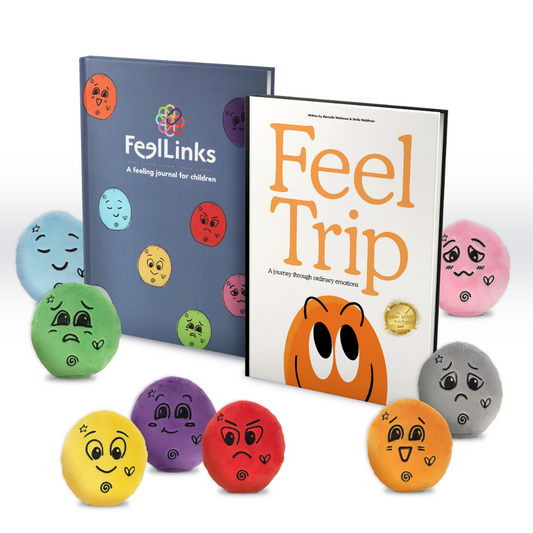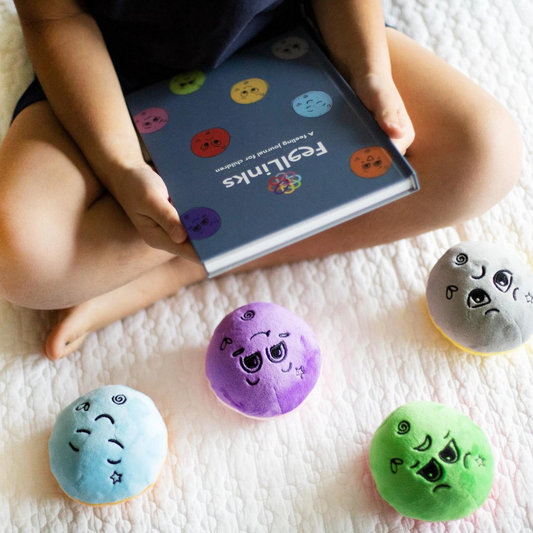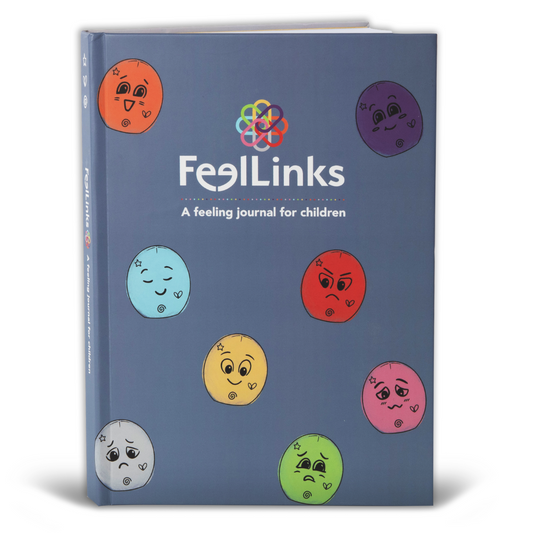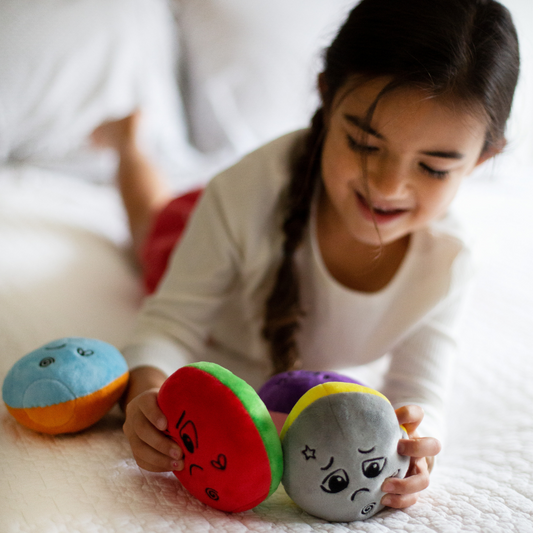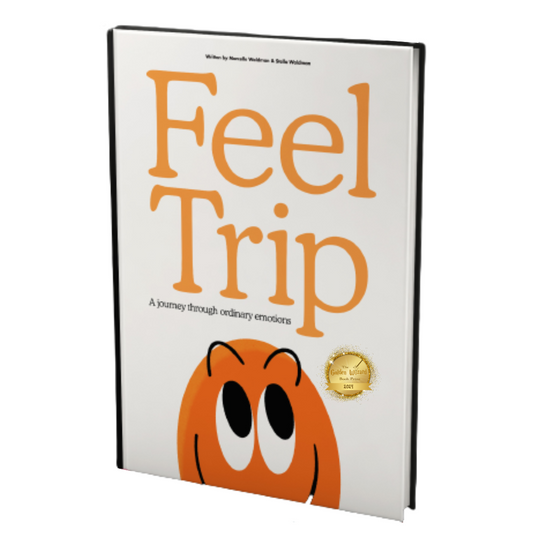'Inside Out 2' Got It Right
Share

The original film, 'Inside Out', introduced us to Joy, Sadness, Anger, Disgust, and Fear - five core emotions that influenced young Riley’s thoughts and actions. 'Inside Out' continues to be praised for its thoughtful exploration of emotions and mental health and putting emotions on the big screen for children and their families to watch and discuss...a great way to normalize all emotions.
With the most recent release of 'Inside Out 2', Riley is older, beginning puberty and the emotional landscape of her life has become more complex. We are introduced to new emotions as she faces new challenges and growth during adolescence -Anxiety, Envy, Ennui, and Embarrassment. Each of these are portrayed as we watch Riley change and grow in body, mind, self awareness and social relationships.

The film does a fabulous job of showing Riley experiencing the ups and downs of teen life - including how emotions are key to how we communicate, build and repair relationships with family and peers.
With the prevalence of anxiety in our world today, I wanted to take this opportunity to focus in on the character of Anxiety; an emotion very common to all of us, and notably common during adolescence.
The pre-teen and teen years are a time of rapid change, social pressures, and larger life decisions. Incorporating the emotion of anxiety resonates with so many of us; a very realistic and relatable emotion - from young to old.
The movie offers such valuable insight into anxiety – including how it manifests in our bodies, and how to recognize, respond and manage it. The movie does a terrific job showing the audience how suppressing our anxiety (or any other emotions for that matter) really piles on us.
I did find great value in the movie showing when anxiety can have a positive influence on us. Anxiety can help us motivate, problem solve and assess risk. These instances can happen when having a job interview or text anxiety, driving us to study and prepare. Or, like Riley, as she wanted to make the hockey team, she gets on the ice to practice and put extra time in.
We must normalize that emotions are ordinary to all of us. We need to be models and teach children about theirs and others’ emotions. We need to create a safe, trusting, and understanding space where children feel comfortable and confident in expressing themselves.
So how we can support children with the inevitable anxiety that comes along with growing up?
- Open communication – this occurs when we allow children to share their fears and worries without judgement.
- Normalize anxiety – Let children know that it is a normal and valid emotion that we all feel at times. This helps them feel less alone in their feelings of anxiety.
- Be reassuring – Stay calm and patient. Reassure children that you will help them navigate their anxiety.
- Healthy coping skills – There are many coping skills that we can model and teach to children that will help them calm their nervous system. These categories include: mind, body, soul and surroundings.
- Routines – Children thrive on consistency and predictability. It creates a safe place with reduced anxiety and creates a sense of security.
- Limit exposure – Screens can potentially expose children to media coverage that they are not ready for (or fake news that they are unable to decipher), or it’s simply too much for their young brains. This can exacerbate worry and fear. Be a media model by turning off the TV and putting down your devices as to not overload yourself. Be sure to ask questions and talk with your children about what they are hearing and seeing out there.
- Physical and creative activities – Encourage children to move their bodies regularly and engage in creative activities such as drawing writing or playing music. All healthy outlets where children can express themselves and let out their stressors.
By consistently providing support, understanding, and healthy tools, we can help children manage anxiety more effectively, leading to a healthier emotional wellbeing.
**If you have questions or concerns about your child’s anxiety, or you notice it impeding on their daily life, please be sure to reach out to a professional for help.

